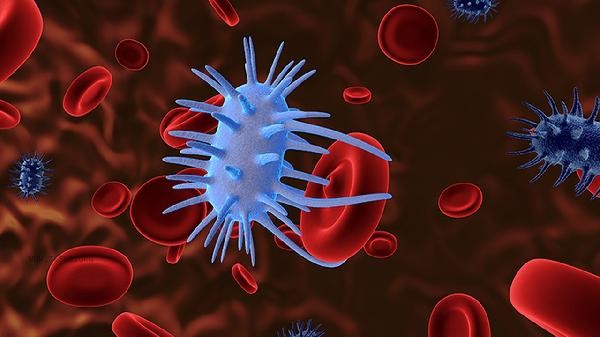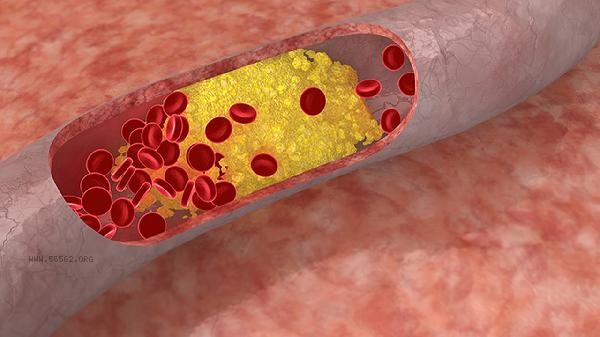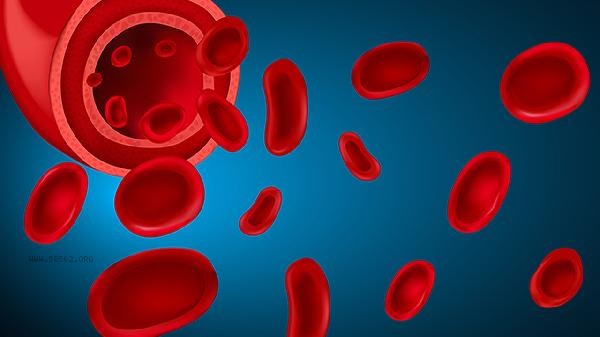The erythrocyte sedimentation rate of 22 millimeters per hour may be caused by physiological or pathological factors, including infections, inflammatory reactions, anemia, autoimmune diseases, and physiological influences.

1. Physiological effects:
During menstruation, the level of estrogen in women increases, leading to an increase in fibrinogen in the blood, which may accelerate the aggregation of red blood cells and temporarily increase the sedimentation rate. This physiological change usually returns to normal after the end of menstruation and does not require special intervention.
2. Mild infection:
Bacterial or viral infection may activate the immune system, promote the release of inflammatory factors such as C-reactive protein, and alter the plasma protein ratio. Commonly seen in respiratory tract infections, urinary tract infections, etc., usually accompanied by symptoms such as fever and fatigue. After infection control, the indicators can fall back. 3. Iron deficiency anemia: Insufficient hemoglobin synthesis leads to abnormal red blood cell morphology and increased sedimentation rate. The patient may experience symptoms such as pale complexion and dizziness, which need to be diagnosed through serum ferritin testing. Iron supplementation treatment can improve the indicators.
4. Chronic inflammation:

Chronic diseases such as rheumatoid arthritis and tuberculosis continuously stimulate the immune system, producing a large amount of immunoglobulin. These large molecular proteins disrupt the surface charge balance of red blood cells, promote cell stacking, and exhibit a sustained increase in sedimentation rate, which needs to be confirmed by combining with anti nuclear antibodies and other tests.
5. Tumor related diseases:
Some malignant tumors secrete abnormal proteins or cause paraneoplastic syndrome, leading to changes in blood rheology. It is often accompanied by warning symptoms such as weight loss and persistent low-grade fever, and further screening through tumor marker screening and imaging is necessary.
It is recommended to dynamically monitor indicators such as blood routine and C-reactive protein to avoid interference from vigorous exercise or high-fat diet on the test results. Daily intake of vitamin C can be appropriately increased to promote iron absorption, maintain sufficient sleep to regulate immune function. If it continues to rise or is accompanied by other abnormal symptoms, special examinations such as immunoelectrophoresis and bone marrow puncture should be completed. When pregnant women and elderly people show this value, it is recommended to increase screening for rheumatism and immunity related items.










Comments (0)
Leave a Comment
No comments yet
Be the first to share your thoughts!